A 25-year-old wager is settled as a new generation of scientists takes on competing theories of consciousness.
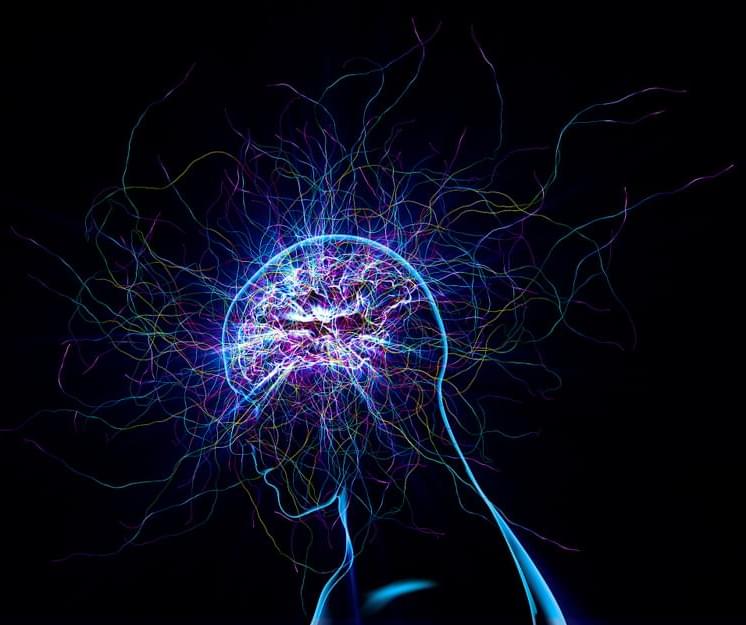


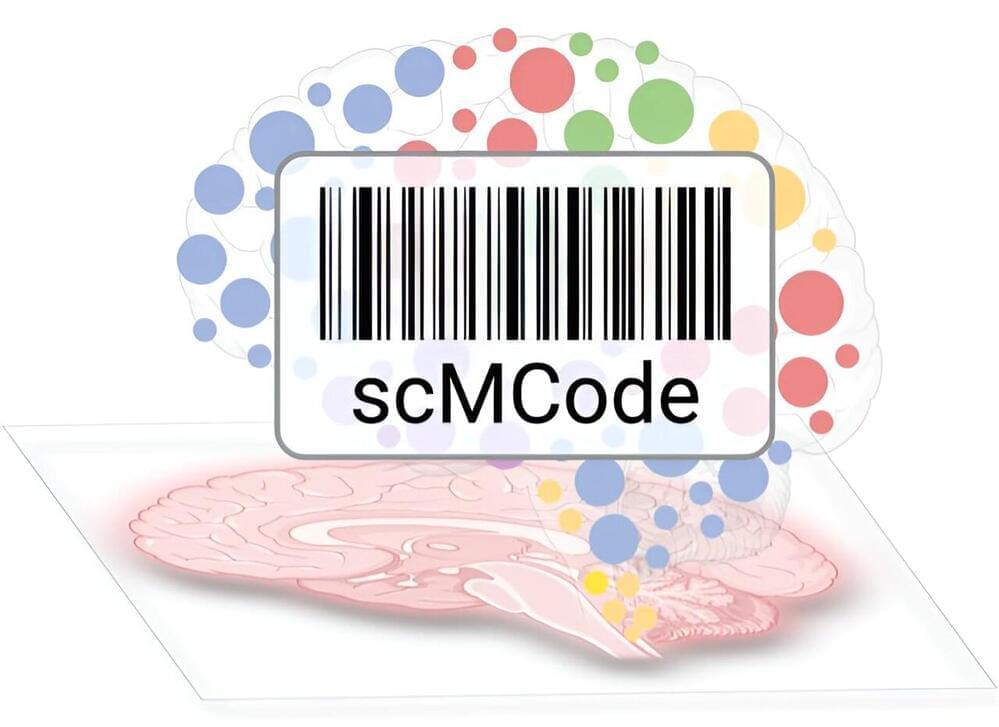
Salk Institute researchers, as part of a larger collaboration with research teams around the world, analyzed more than half a million brain cells from three human brains to assemble an atlas of hundreds of cell types that make up a human brain in unprecedented detail.
The research, published in a special issue of the journal Science on October 13, 2023, is the first time that techniques to identify brain cell subtypes originally developed and applied in mice have been applied to human brains.
“These papers represent the first tests of whether these approaches can work in human brain samples, and we were excited at just how well they translated,” says Professor Joseph Ecker, director of Salk’s Genomic Analysis Laboratory and a Howard Hughes Medical Institute investigator. “This is really the beginning of a new era in brain science, where we will be able to better understand how brains develop, age, and are affected by disease.”
When it comes to human longevity, you might envision nanobots helping our bodies operate more efficiently. But our bodies are biological machines in their own right, evolved to handle any situation in the real world from illness to cold to hunger. Our bodies heal themselves, and they can be programmed to do so if we understood that language better.
This video talks about DNA and genes, and the epigenetic mechanisms that read that information. The epigenetic clock is one way to measure the age of cells, and this can be reversed with current technologies. We discuss experiments by David Sinclair, which made blind mice see again, and experiments by Greg Fahy, which regenerated the immune system of humans and reset their cellular age by 2 years.
Asking our bodies to heal themselves could be one of the largest medical breakthroughs ever, instead of trying mainly chemical means of medication. And it has significant implications for whether or not we can achieve longevity escape velocity and continue to live more or less indefinitely. This promises to be a very interesting topic.
#aging #longevity #science.
The science of super longevity | Dr. Morgan Levine.
https://www.youtube.com/watch?v=B_CqKVU19ec.
Groundbreaking Research on Anti-Aging: Unlock the Secrets to Longevity | David Sinclair.
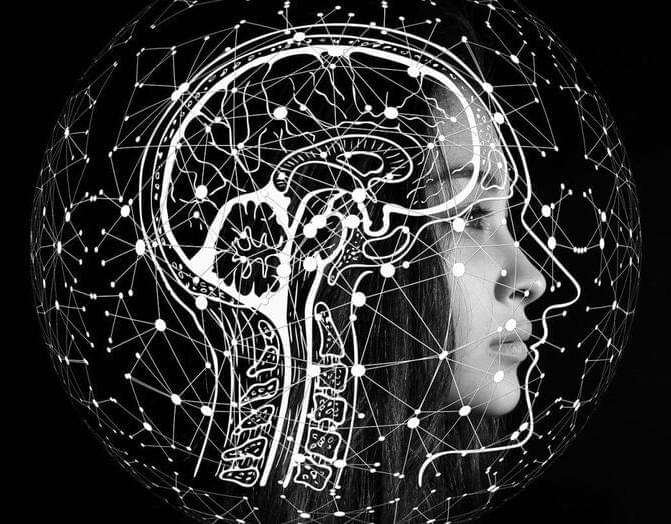
The idea of postponing or even reversing the ageing process has always fascinated humanity. Some claim that immortality will be possible as little as thirty years from now – but will it just be for the rich?
Our team visited research laboratories working on this objective and interviewed the world’s top researchers in the field. We ask just how long humans might be able to live, and what it could involve.
The programme also looks into the popular wish to remain young and extend our lifespan. Some go to the extent of paying 8,000 dollars for a blood transfusion from a young person. We visited the clinic where they perform this bizarre procedure, whose scientific basis has been criticized, and spoken to the people in charge.
SUBSCRIBE for more amazing stories, including free FULL documentaries. At Java Films we have an incredible library of award-winning documentaries: from world-leading investigations to true crime and history, we have something for everyone!
Click the SUBSCRIBE button and make sure to set NOTIFICATIONS to stay updated with all new content!
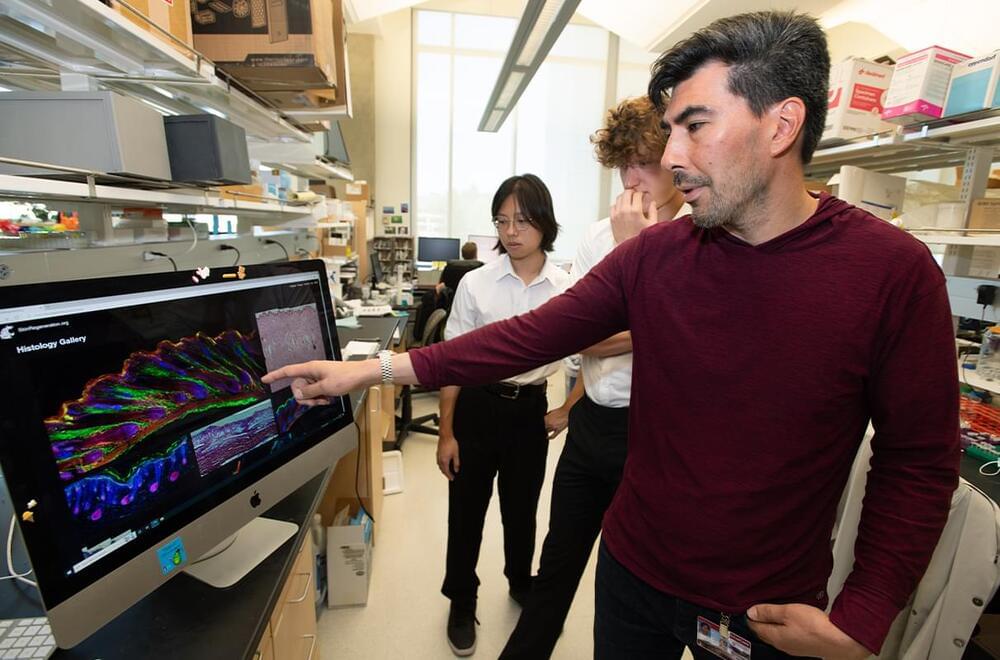
A new public database built from the ground up by Washington State University undergraduates looks to expedite scientific understanding of how skin heals.
The website — skinregeneration.org — was created for researchers but allows anyone to cross-compare information on more than 33,000 genes from different species as they relate to skin development, wound repair, and regeneration. Ultimately, it could help scientists reprogram adult skin for regeneration during wound healing and to inhibit the aging process.
“Historically, one of the major mechanisms scientists communicated through was with physical papers published in journals. A new concept of how to output knowledge is to create webtools in association with online manuscripts. For example, webtools that allow for interacting with large genomic datasets that have so much knowledge that cannot fit into a single paper. You can just interact with the data on any device and at any time you want,” said Ryan Driskell, head of WSU’s Fibroblast and Skin Regeneration Laboratory.
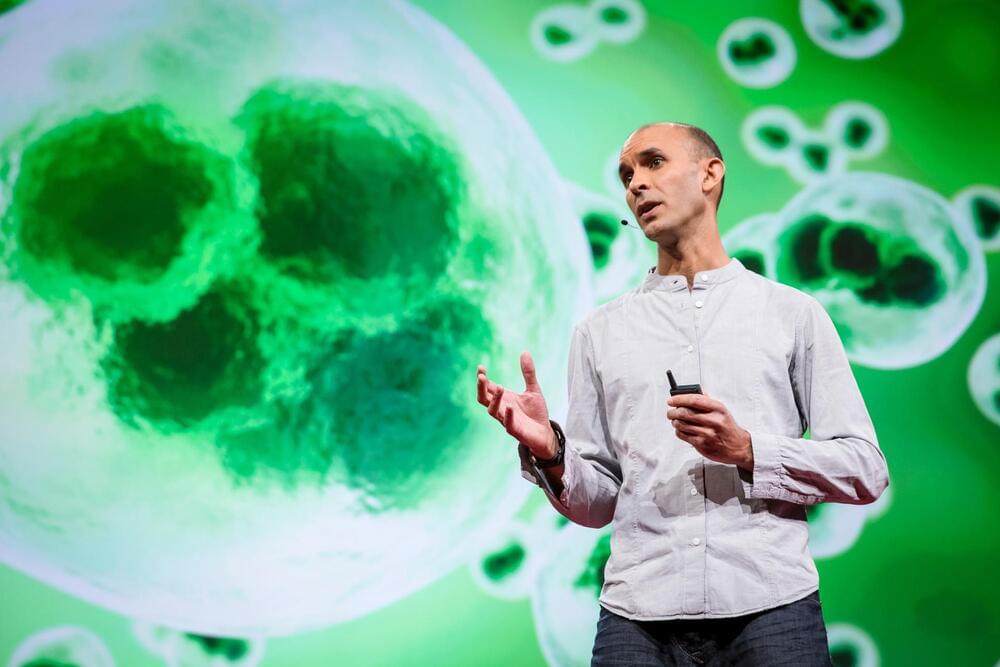
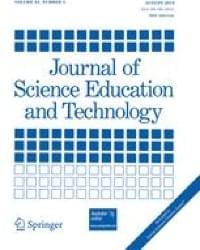
The use of artificial intelligence has played an important role in science teaching and learning. The purpose of this study was to fill a gap in the current review of research on AI in science education (AISE) in the early stage of education by systematically reviewing existing research in this area. This systematic review examined the trends and research foci of AI in the science of early stages of education. This review study employed a bibliometric analysis and content analysis to examine the characteristics of 76 studies on Artificial Intelligence in Science Education (AISE) indexed in Web of Science and Scopus from 2013 to 2023. The analytical tool CiteSpace was utilized for the analysis.
Tina Woods, serving as Healthy Longevity Champion for the National Innovation Center for Aging, sets forth her vision for a blueprint for healthy longevity for all. Her emphasis is on reaping the “longevity dividend” and achieving five additional years of healthy life expectancy while reducing health and wellbeing inequality. Woods elaborates on the role of emerging technologies like AI, machine learning, and advanced data analysis in comprehending and influencing biological systems related to aging. She also underscores the crucial role of lifestyle changes and the consideration of socio-economic factors in increasing lifespan. The talk also explores the burgeoning field of emotion AI and its application in developing environments for better health outcomes, with a mention of “Longevity Cities,” starting with a trial in Newcastle. In closing, Woods mentions the development of a framework for incentivizing businesses through measurement of their contribution to health in three areas: workforce health, consumer health through products and services, and community health. Woods envisions a future where businesses impacting health negatively are disincentivized, and concludes with the hope that the UK’s healthy longevity innovation mission can harness longevity science and data innovation to improve life expectancy.
00:00:00 — Introduction, National Innovation Center for Aging.
00:00:56 — Discussion on stagnating life expectancy and UK’s life sciences vision.
00:03:50 — Technological breakthroughs (including AI) in analyzing biological systems.
00:06:22 — Understanding what maintains health & wellbeing.
00:08:30 — Hype, hope, important of purpose.
00:10:00 — Psychological aging and “brain capital.“
00:13:15 — Ageism — a barrier to progress in the field of aging.
00:15:46 — Health data, AI and wearables.
00:18:44 — Prevention is key, Health is an asset to invest in.
00:19:13 — Longevity Cities.
00:21:19 — Business for Health and industry incentives.
00:23:13 — Closing.
About the Speaker:
Tina Woods is a social entrepreneur and system architect with a focus on health innovation at the intersection of science, technology, policy, and investment. She is the Founder and CEO of Collider Health and Business for Health, driving systemic change for better health through these platforms. She contributes to key UK health strategies and initiatives, like UKRI’s Healthy Ageing Industrial Strategy, and served as the Healthy Longevity Champion for the National Innovation Centre for Ageing. Woods has made significant contributions to AI in health and care, co-leading the Quantum Healthy Longevity Innovation Mission and authoring the book, “Live Longer with AI.” Previously, she served as the director of the All Party Parliamentary Group for Longevity secretariat. Woods is also the CEO & Founder of Collider Science, a social enterprise that encourages young people’s interest in science and technology. She holds a degree in genetics from Cornell University and an MBA from Bayes Business School in London.
FOLLOW US
▀▀▀▀▀▀▀▀▀▀▀▀▀▀▀▀▀▀▀▀▀▀▀▀▀▀
https://www.lifespan.io.
https://www.facebook.com/lifespanio.
https://www.instagram.com/lifespan.io/
HOW CAN YOU SUPPORT US?
▀▀▀▀▀▀▀▀▀▀▀▀▀▀▀▀▀▀▀▀▀▀▀▀▀▀
Lifespan.io, a 501©(3) nonprofit organization.
► Support us with monthly donations by becoming a Lifespan Hero: https://www.lifespan.io/hero.
► Subscribe: https://www.youtube.com/user/LifespanIO
► Learn more, and help us: https://www.lifespan.io.
#Longevity #AI #Health #EARD